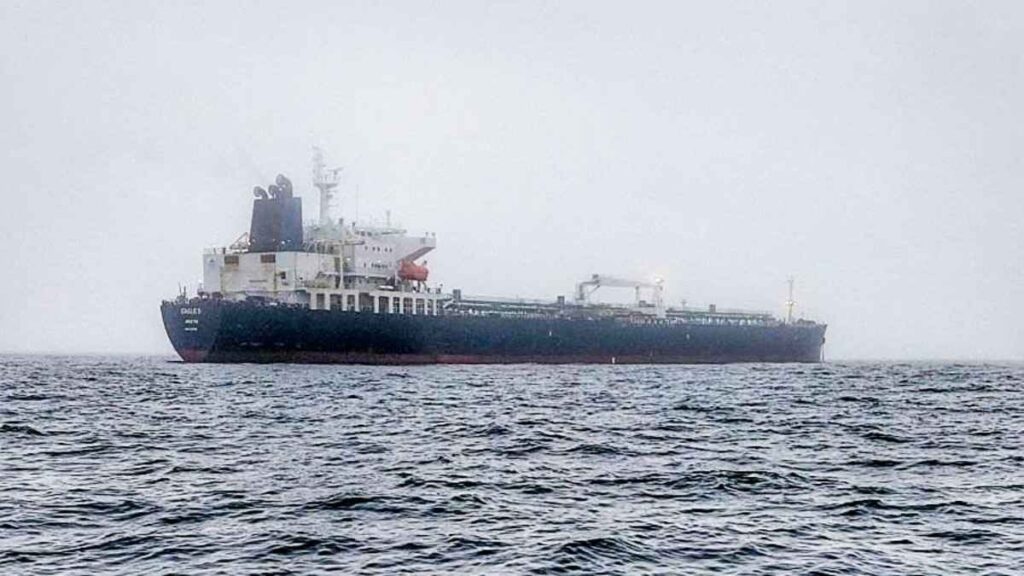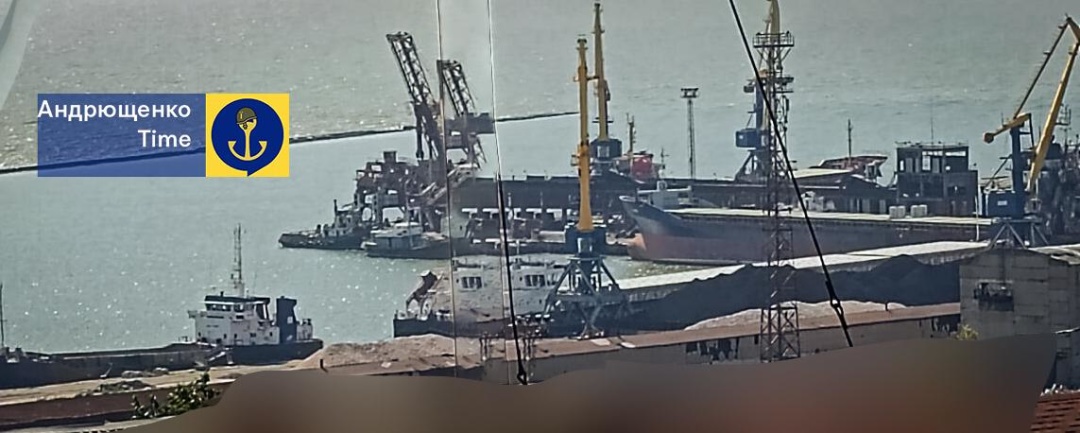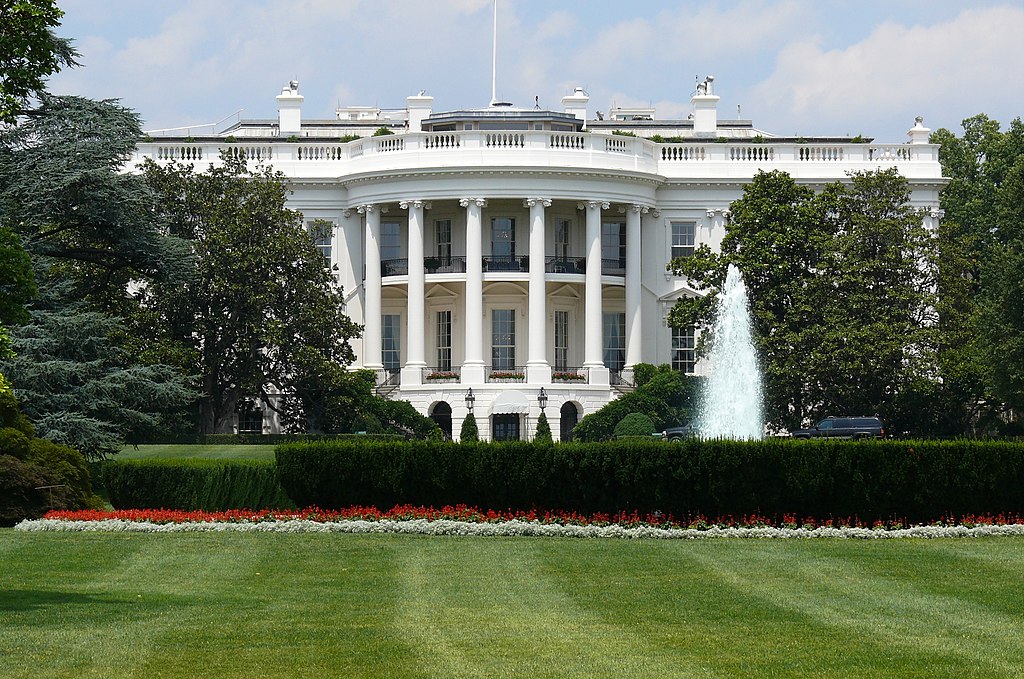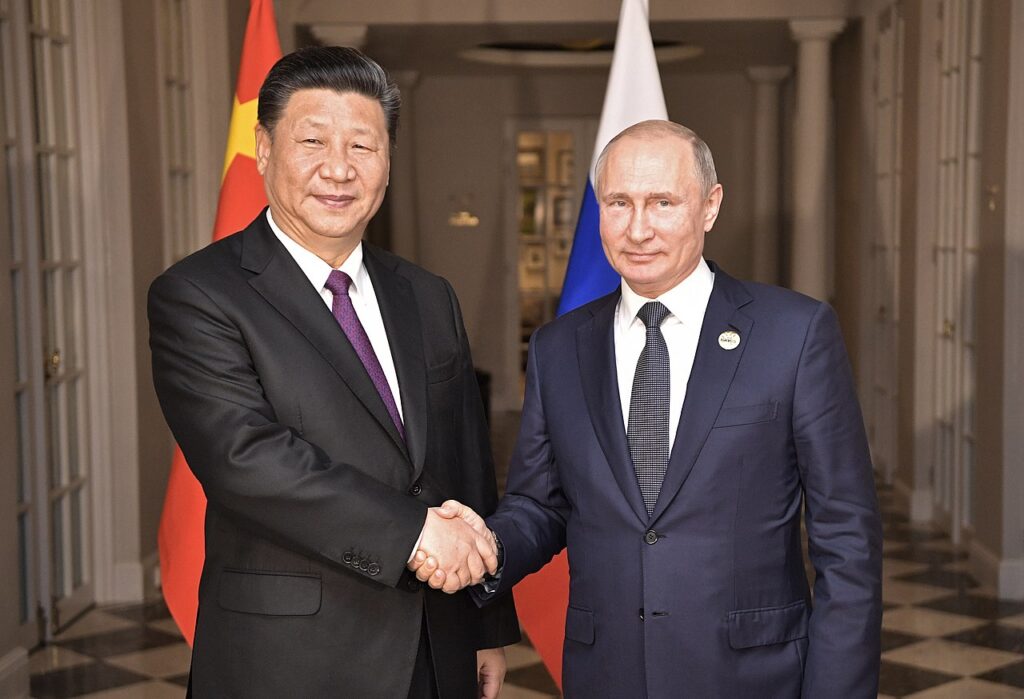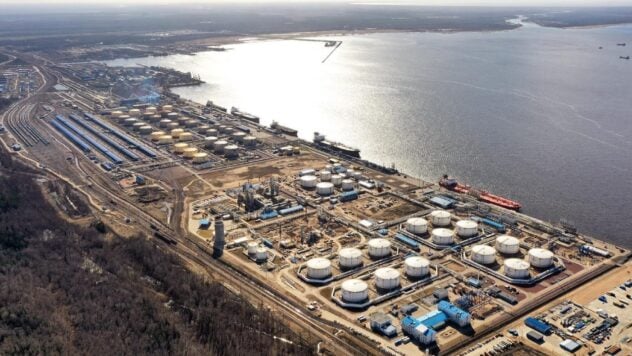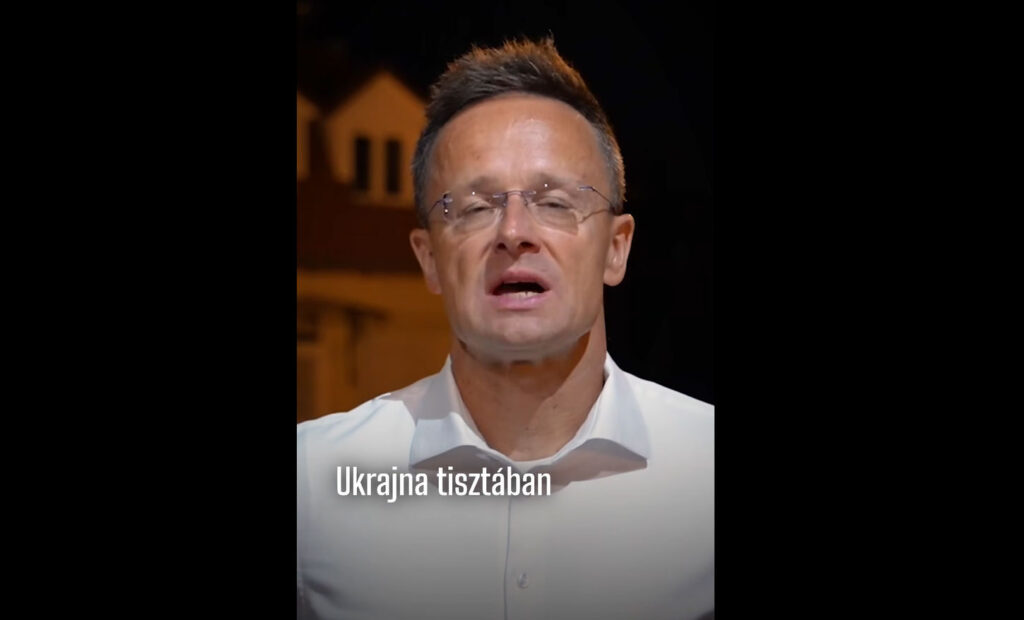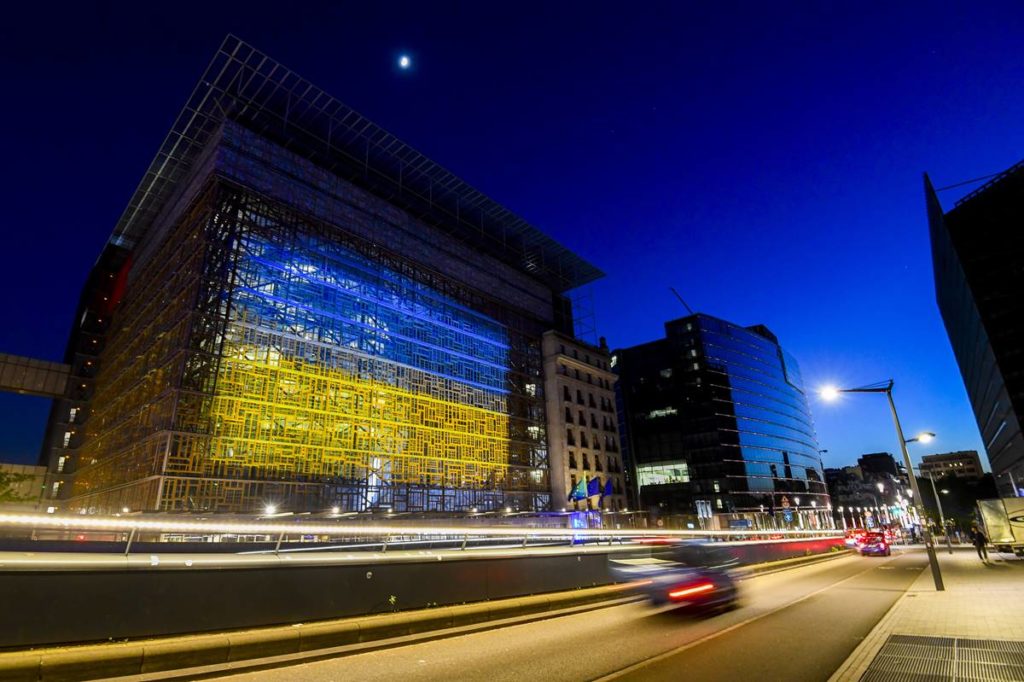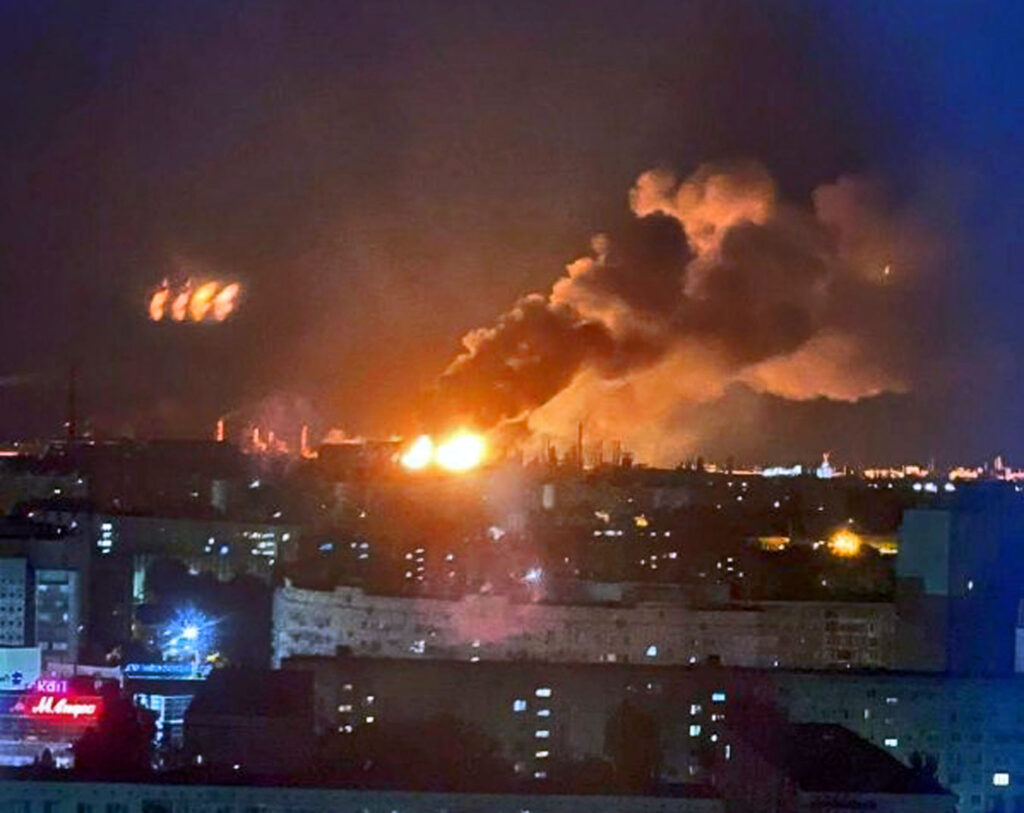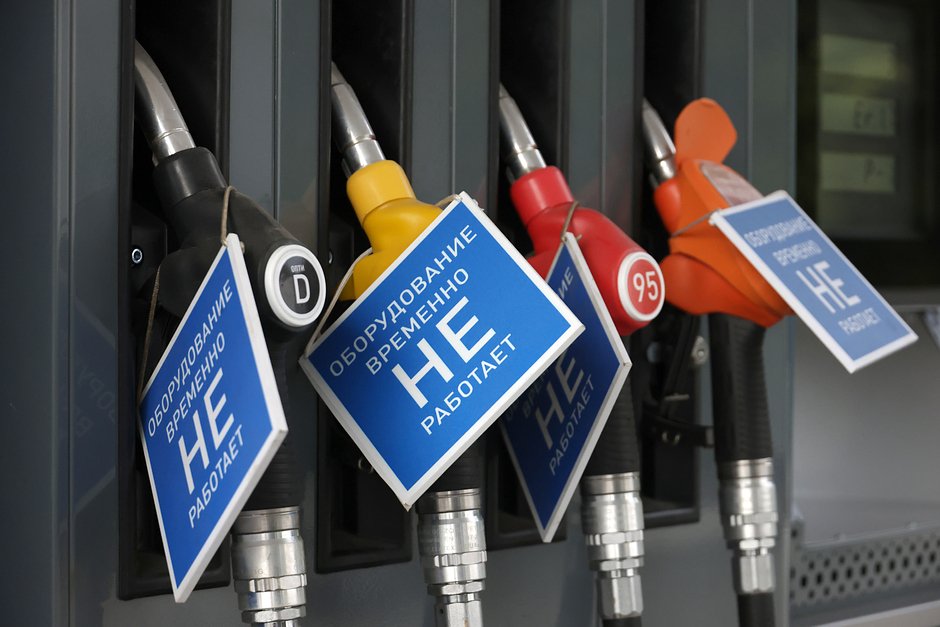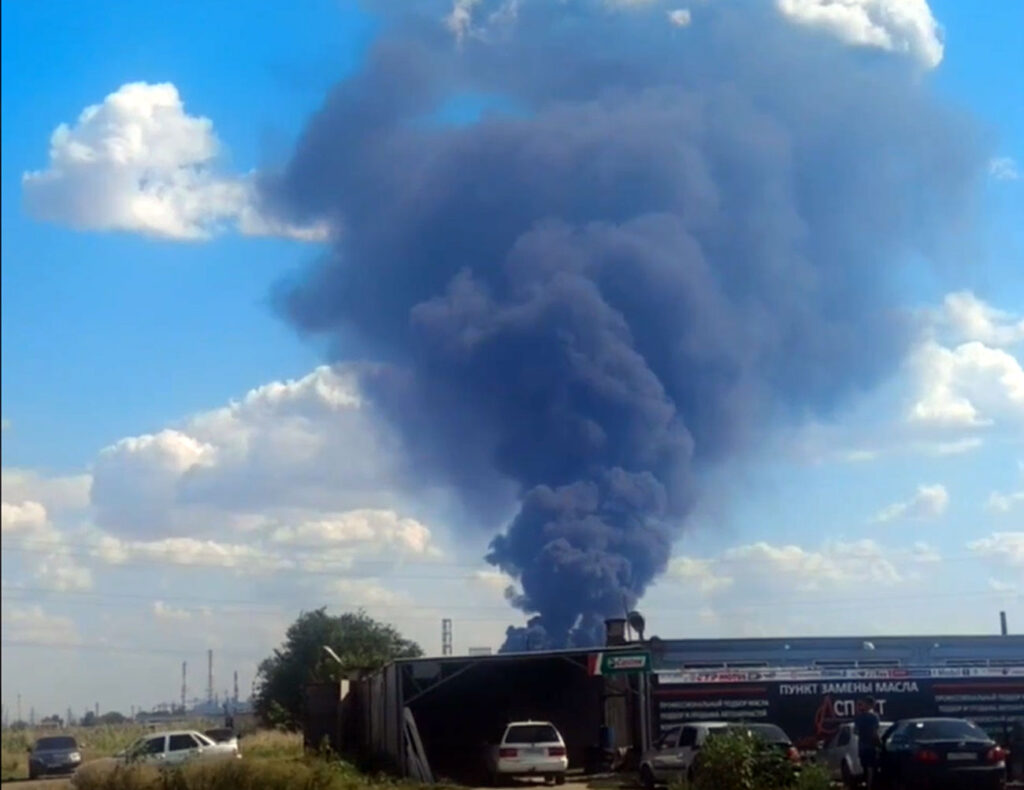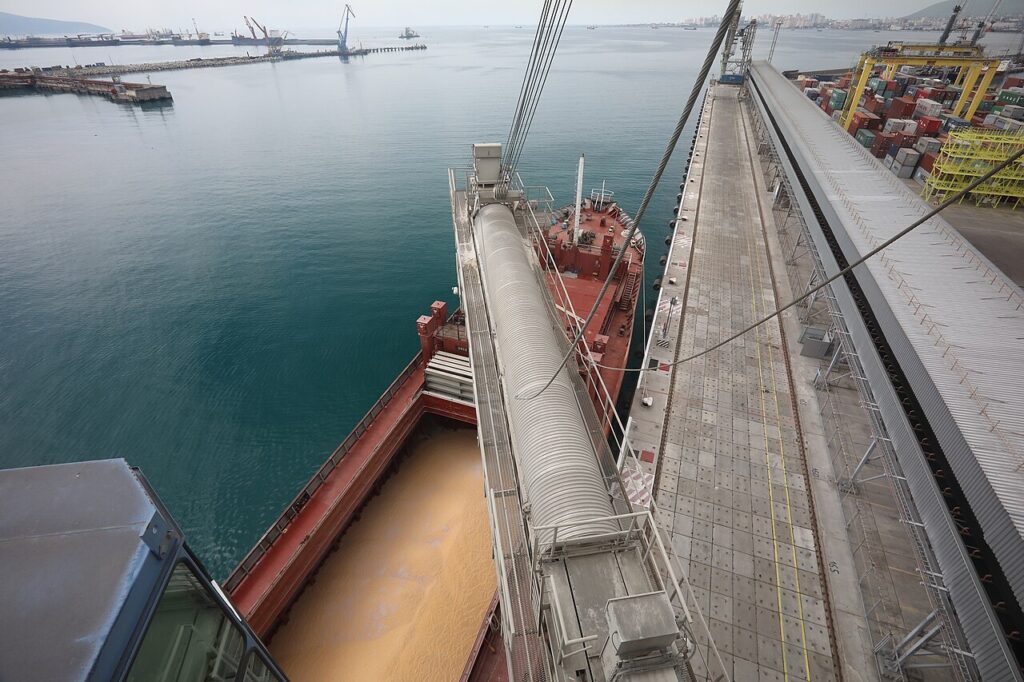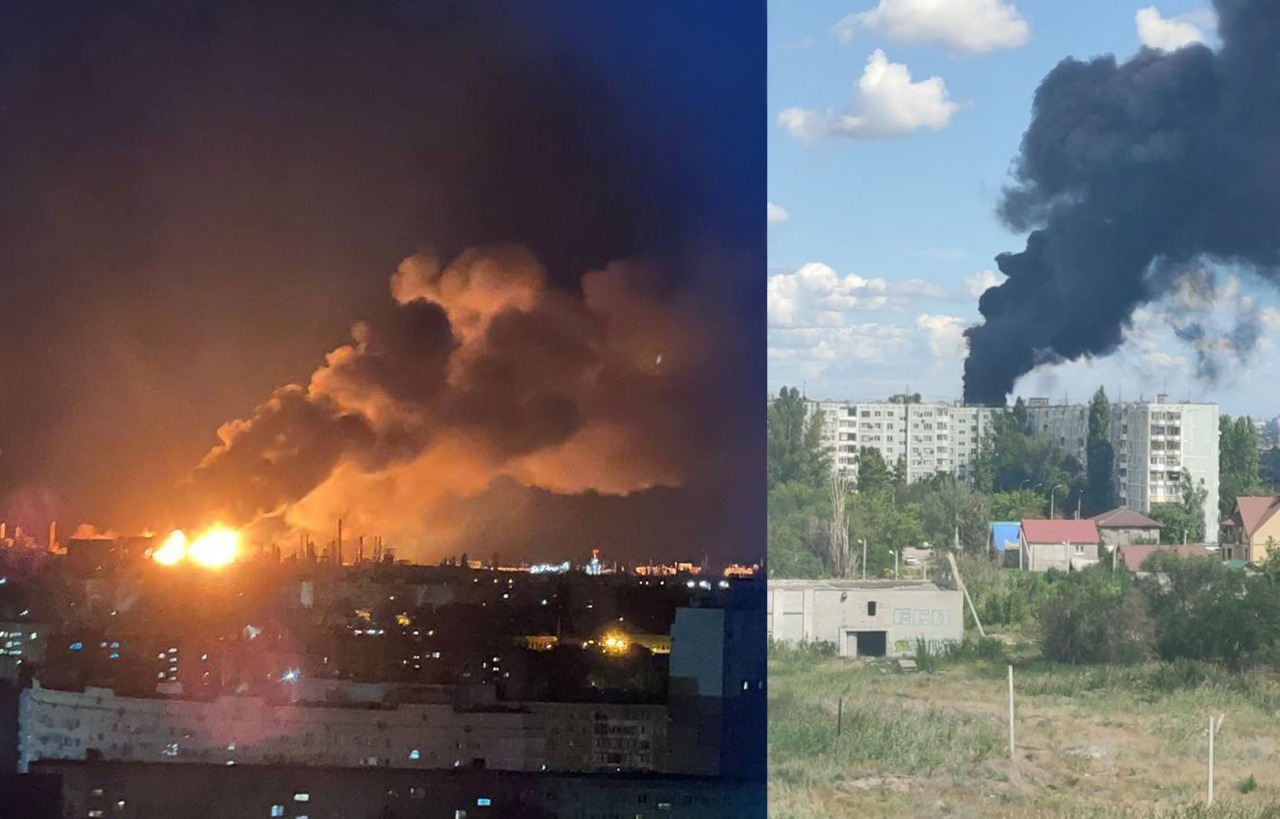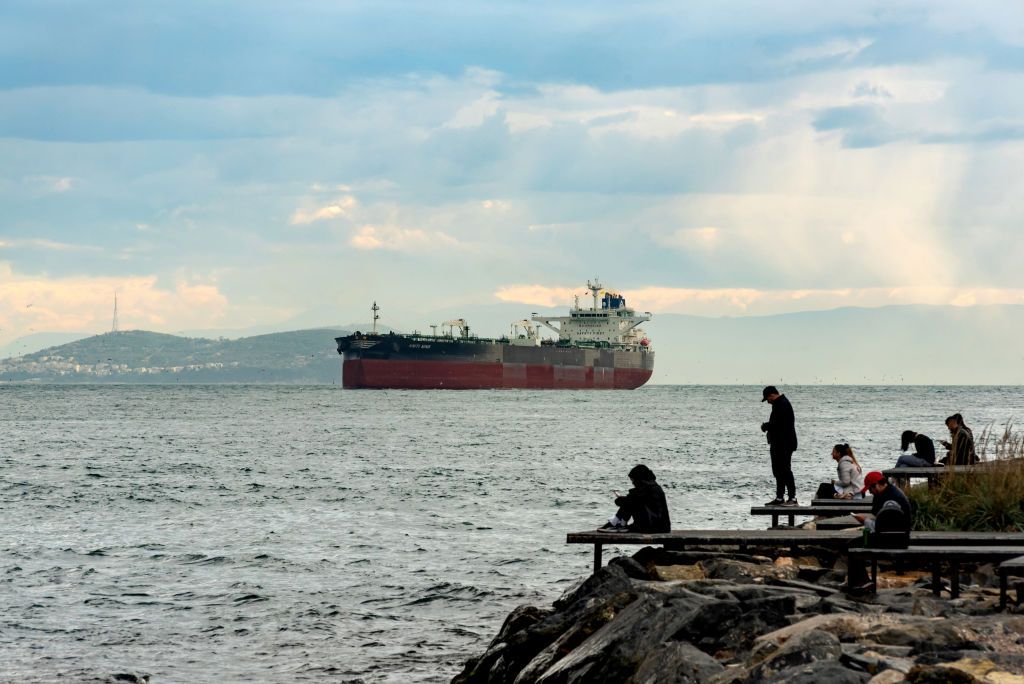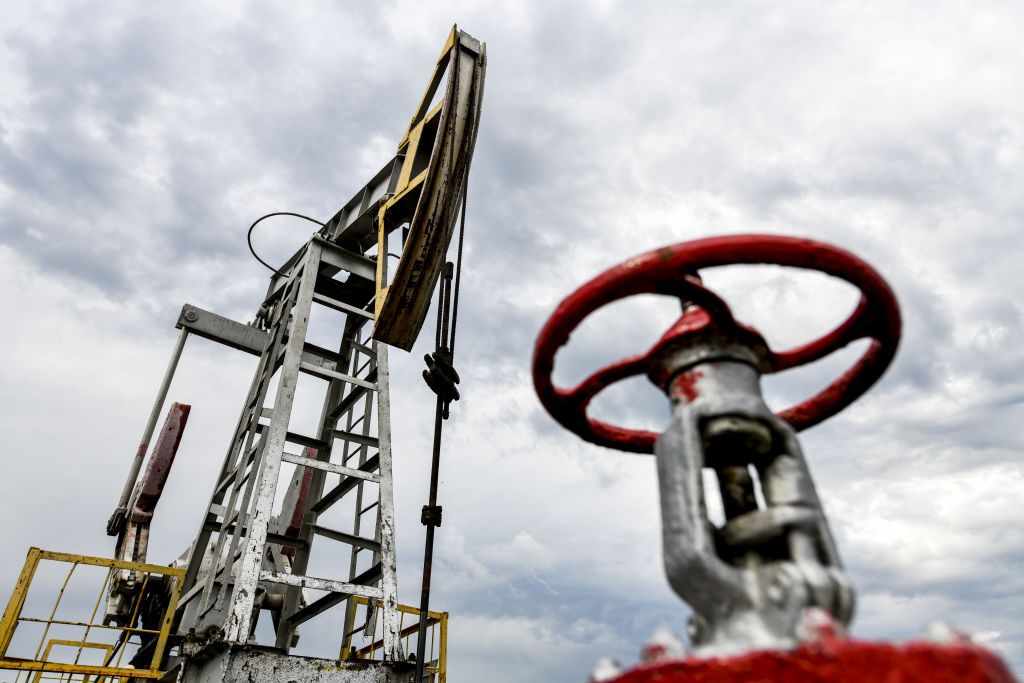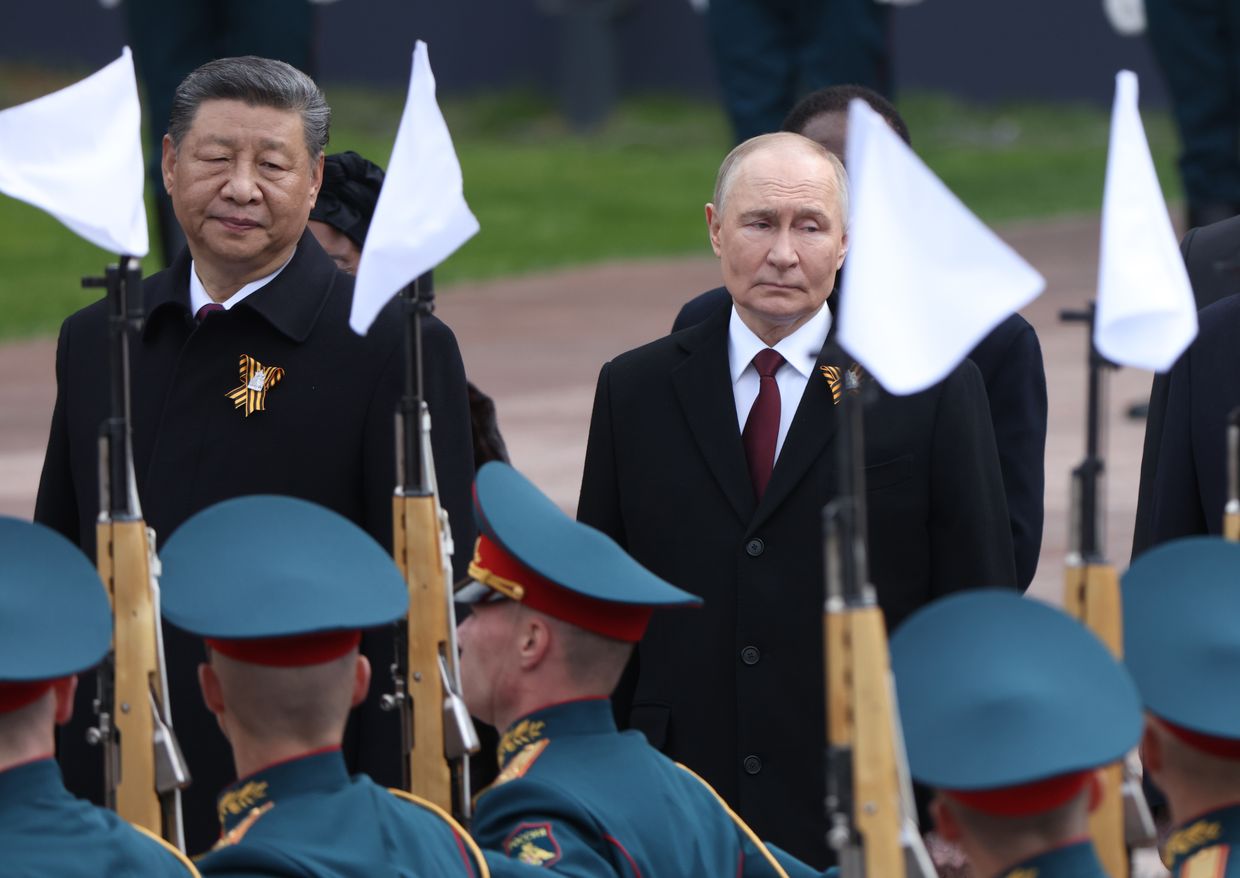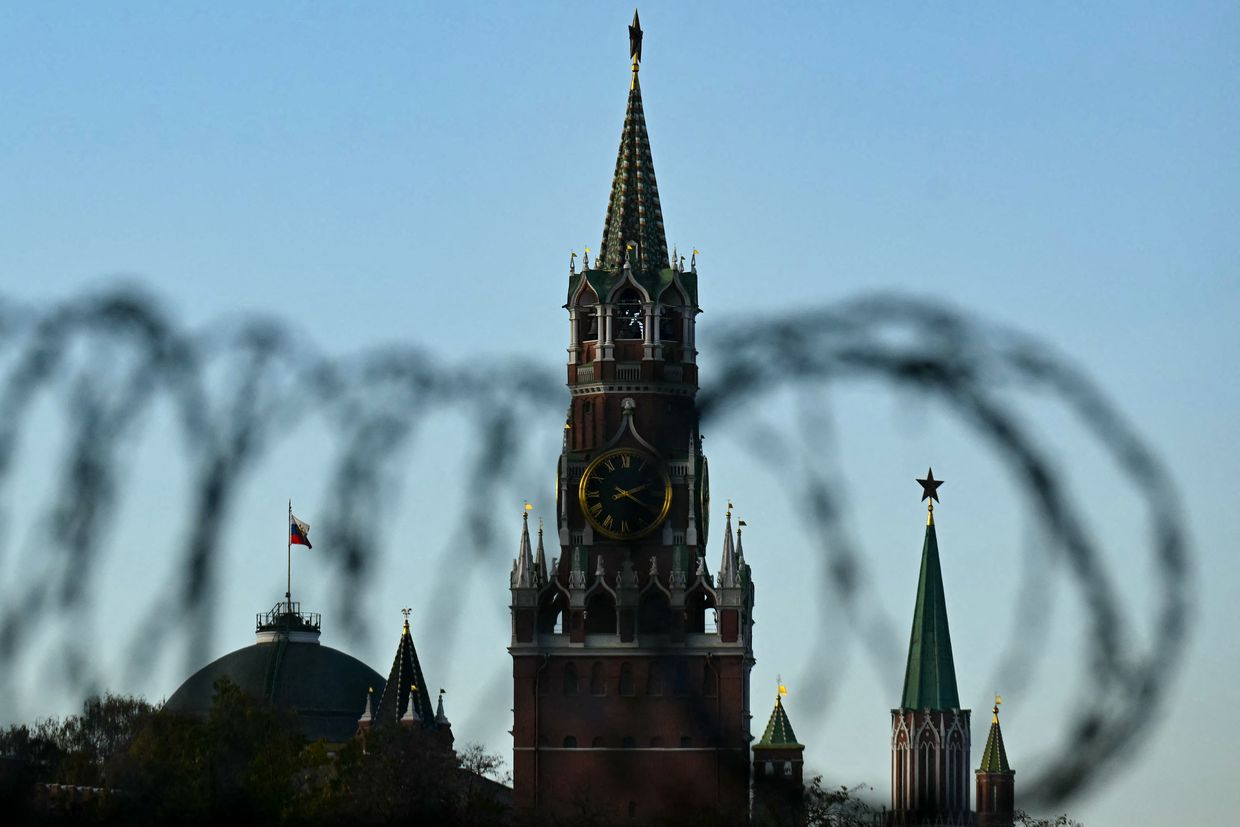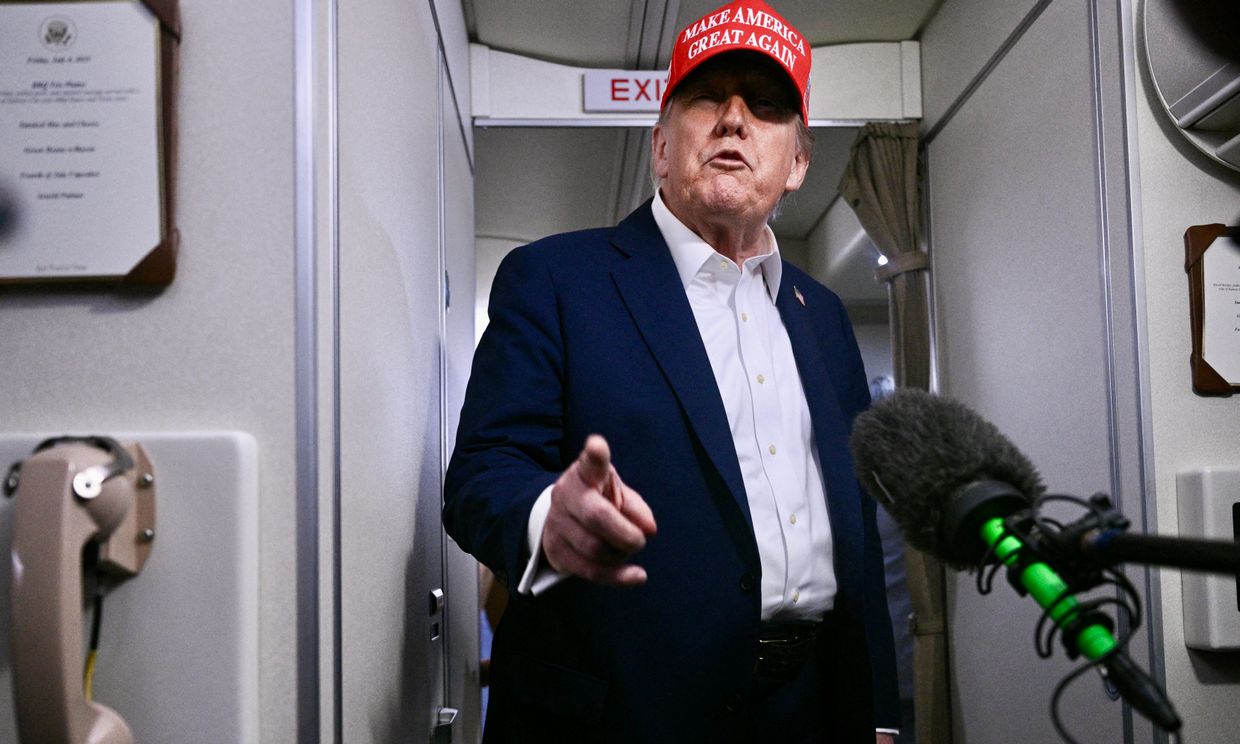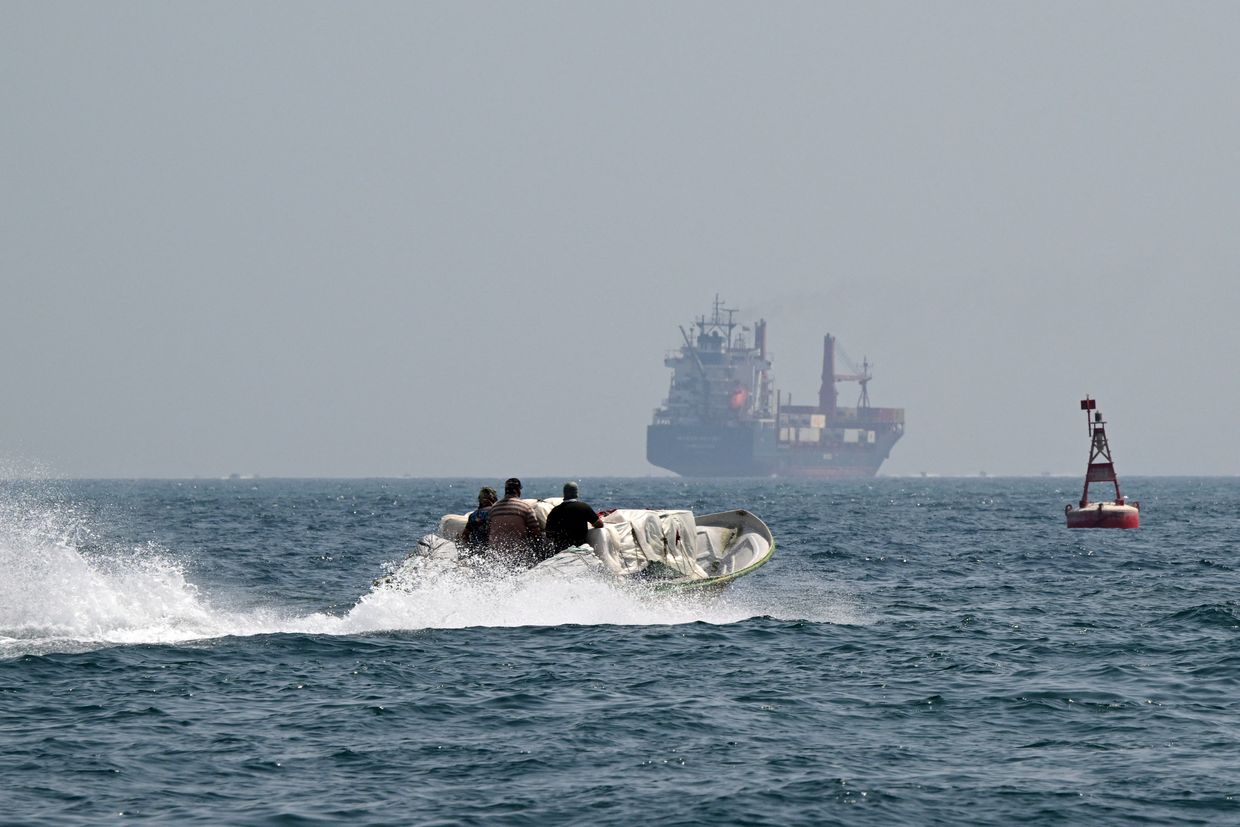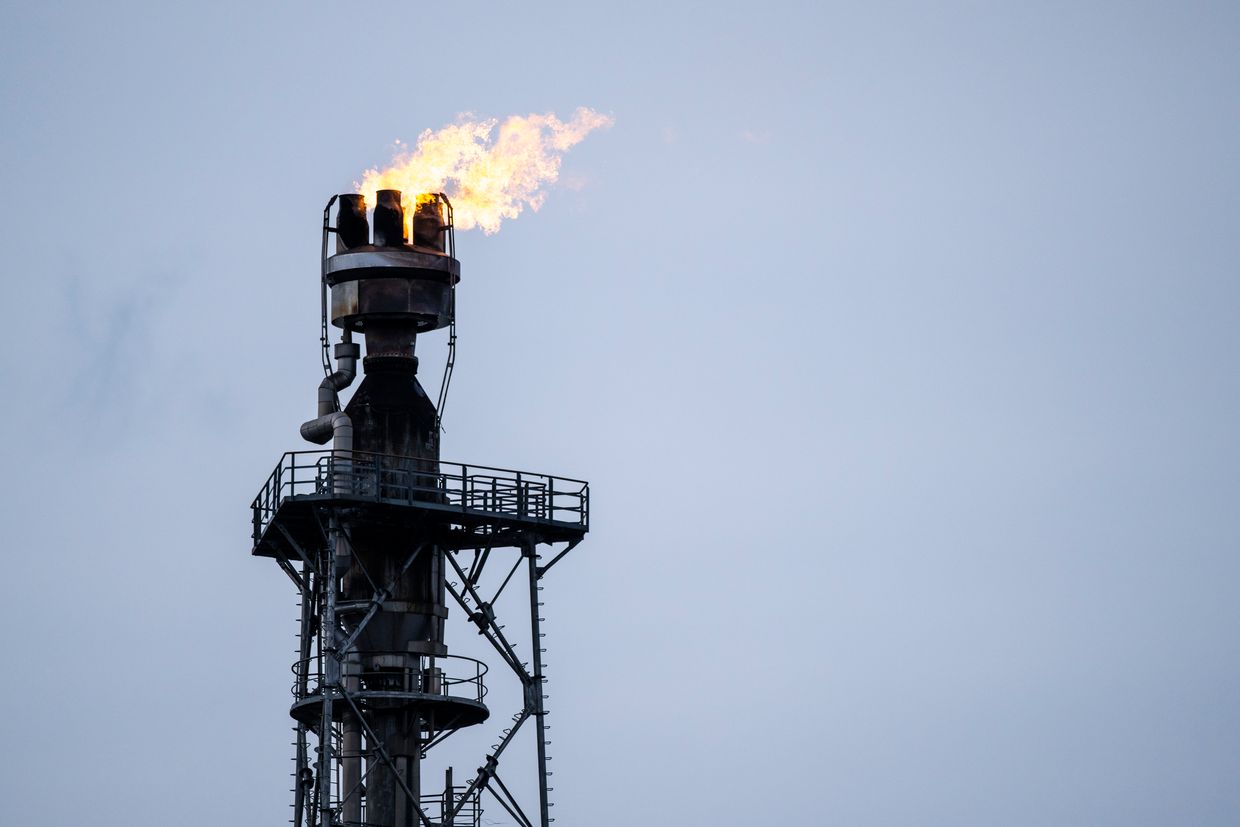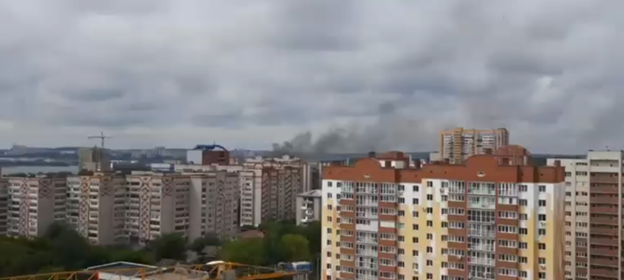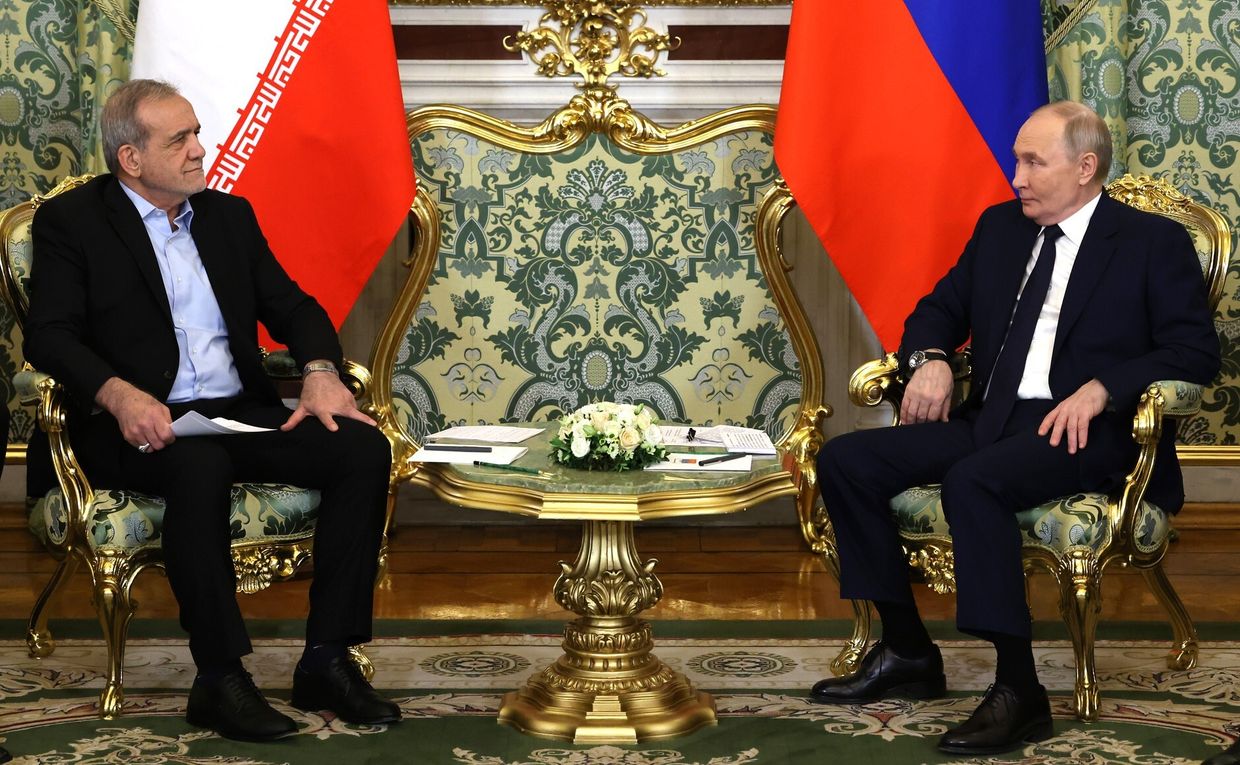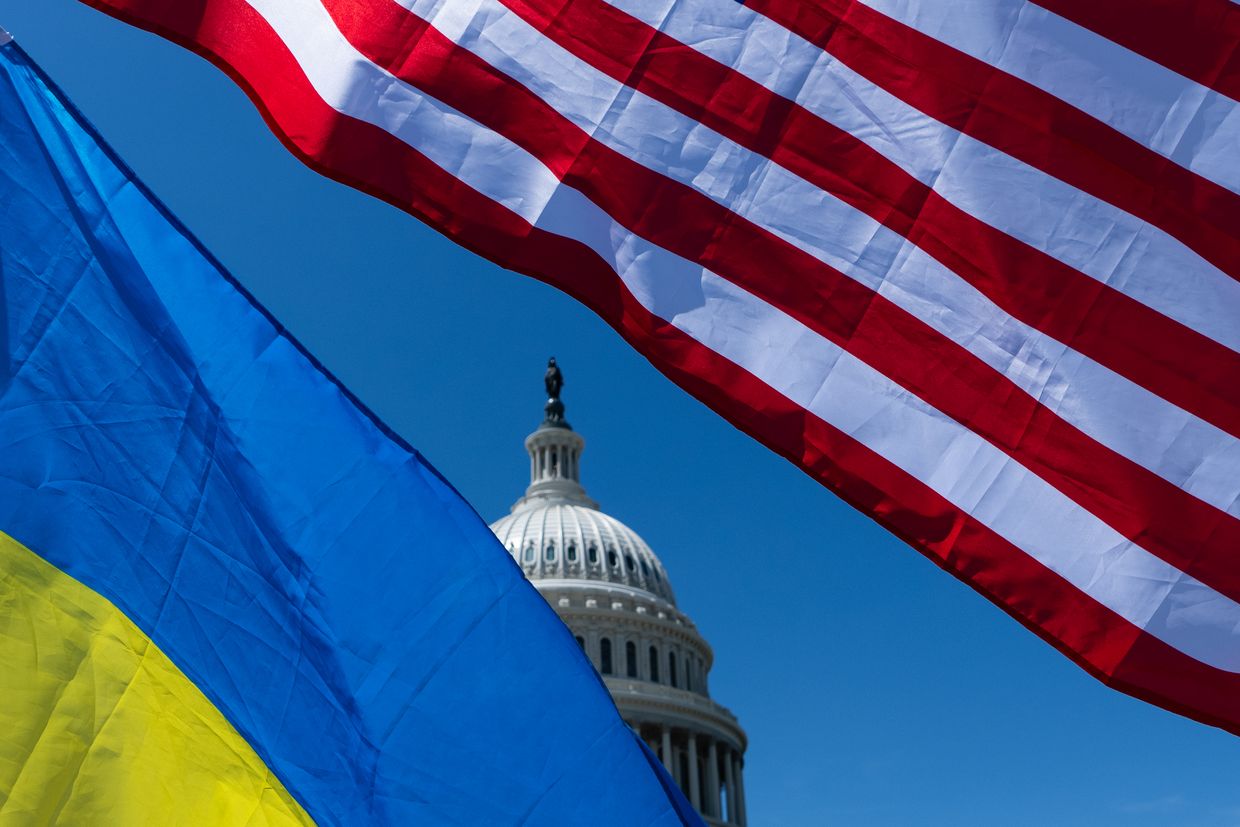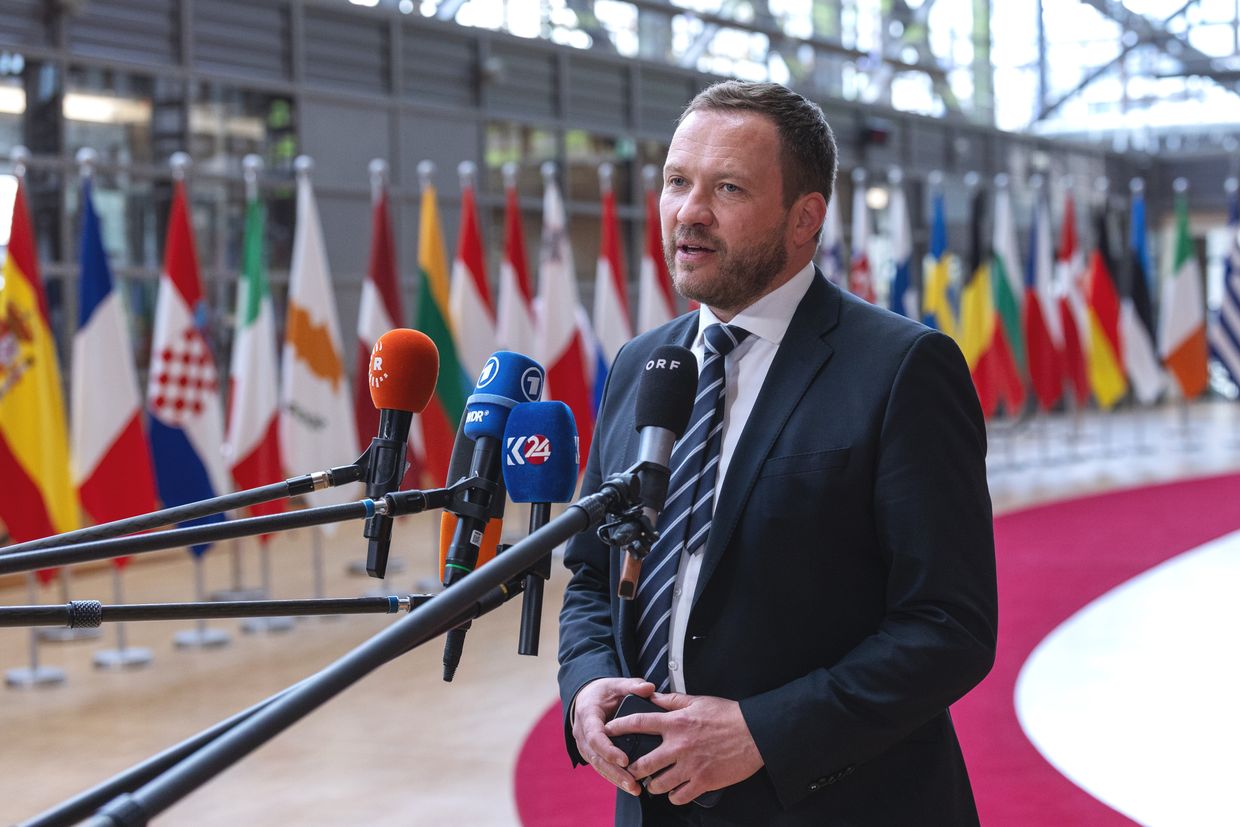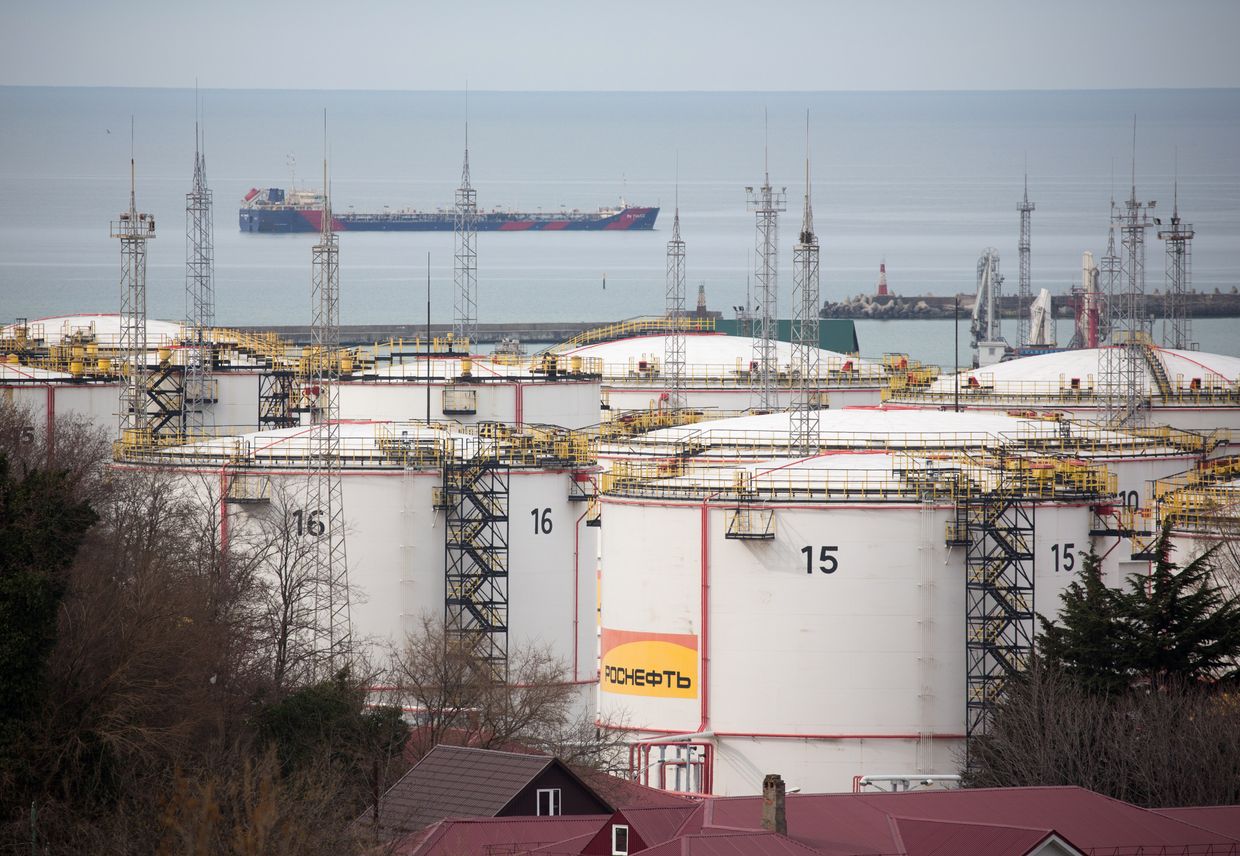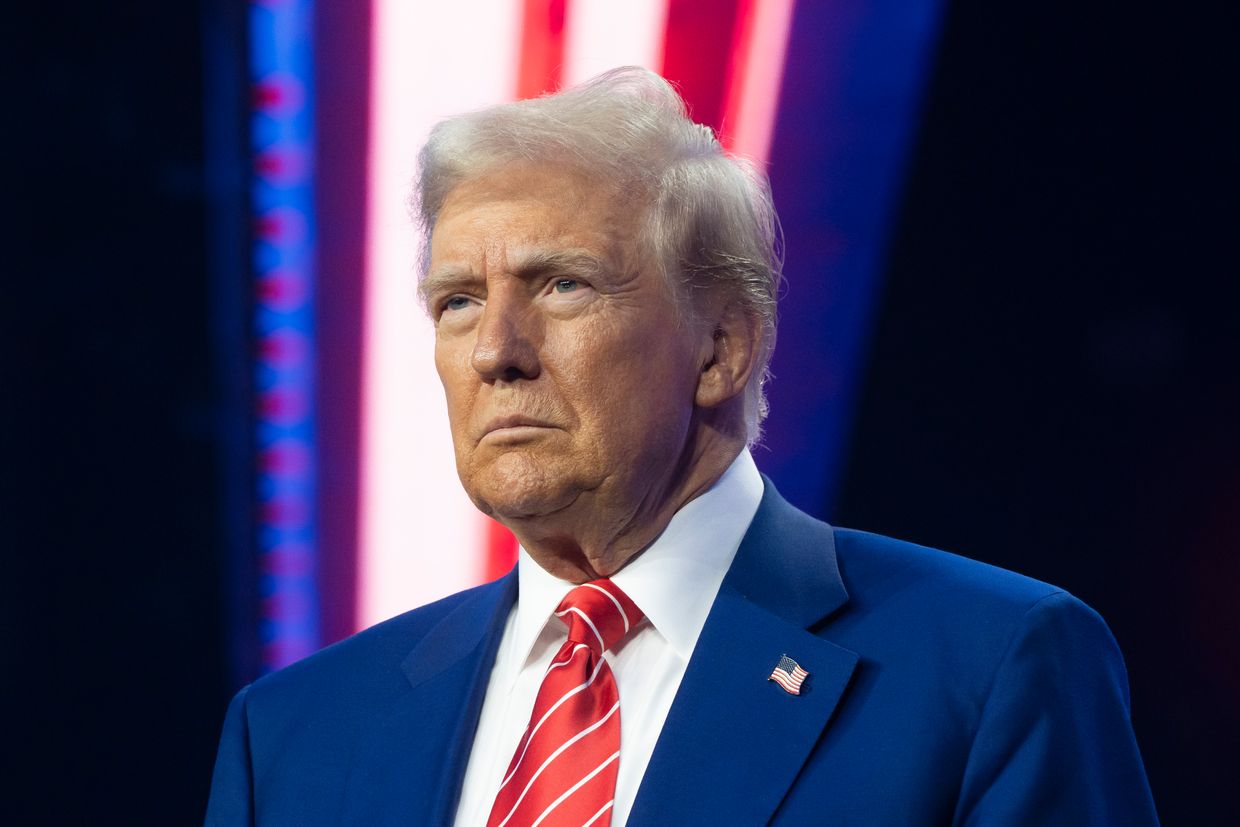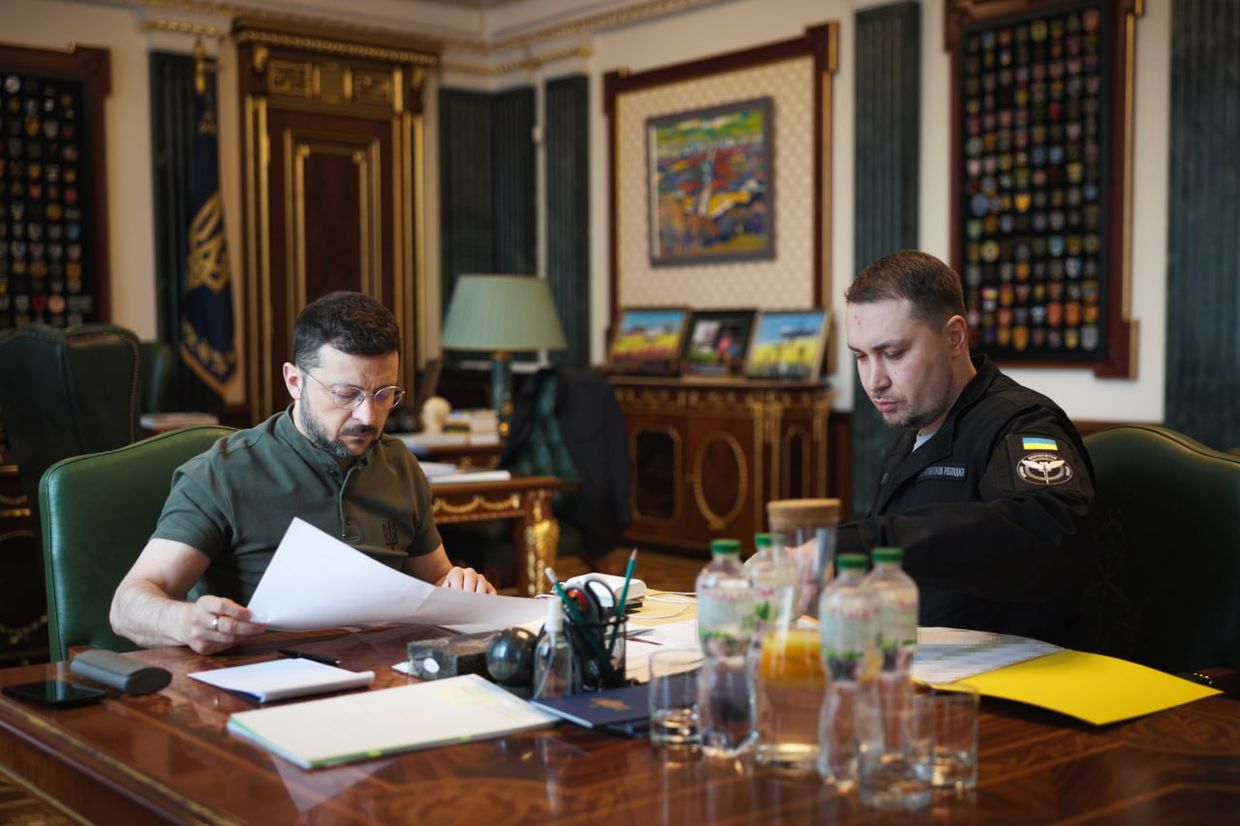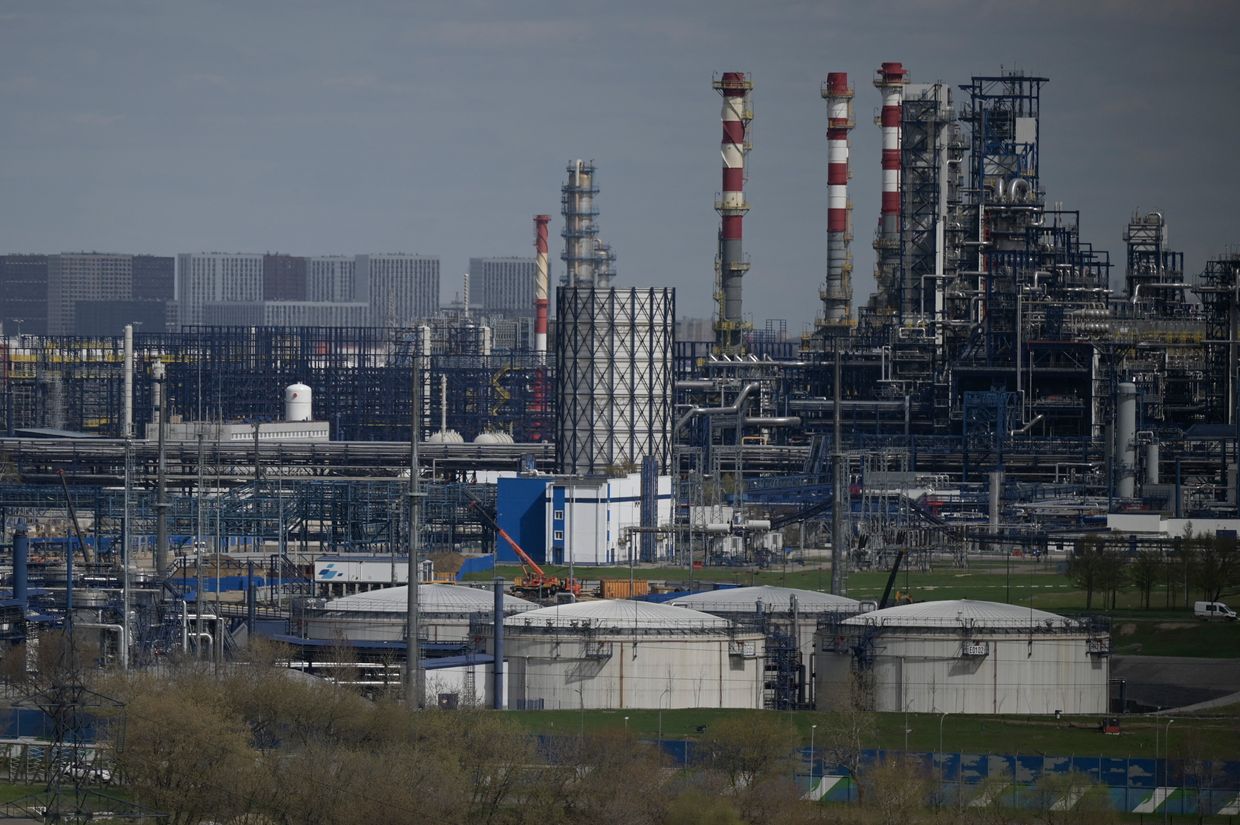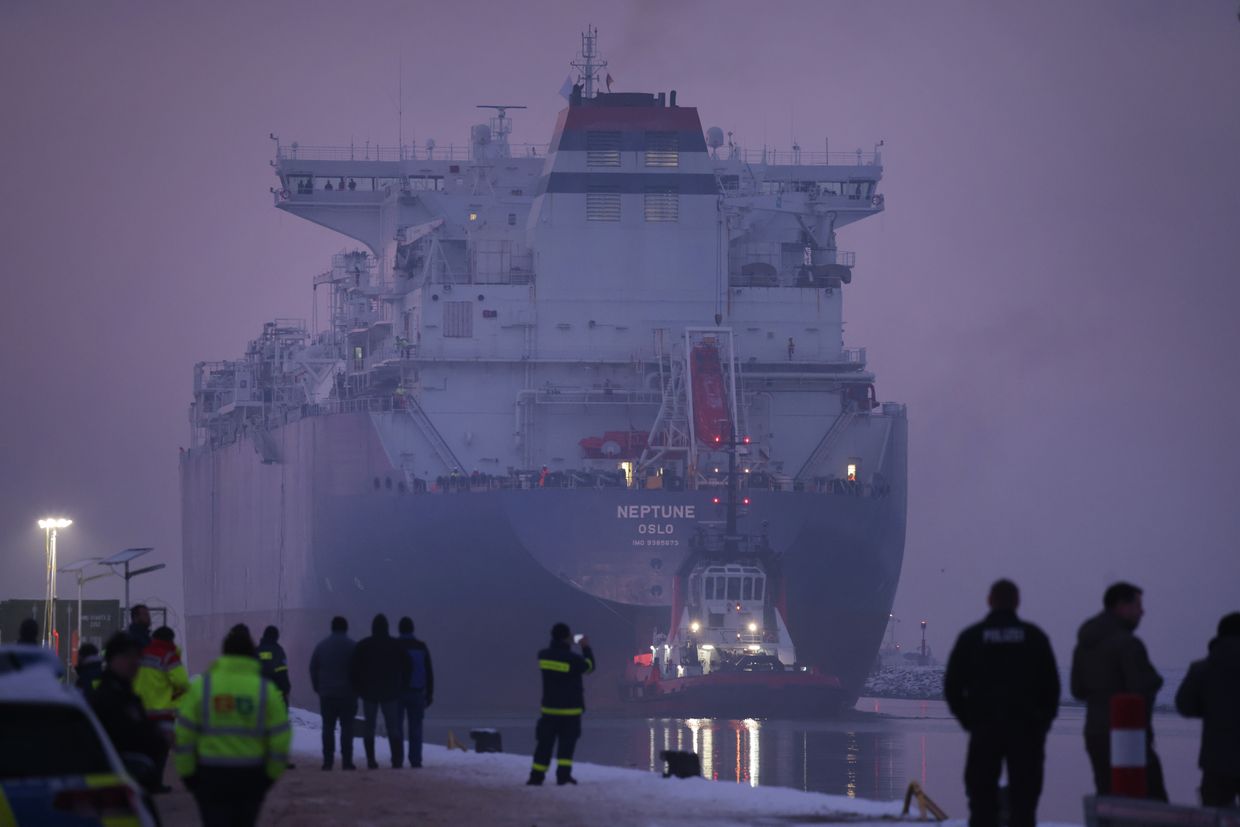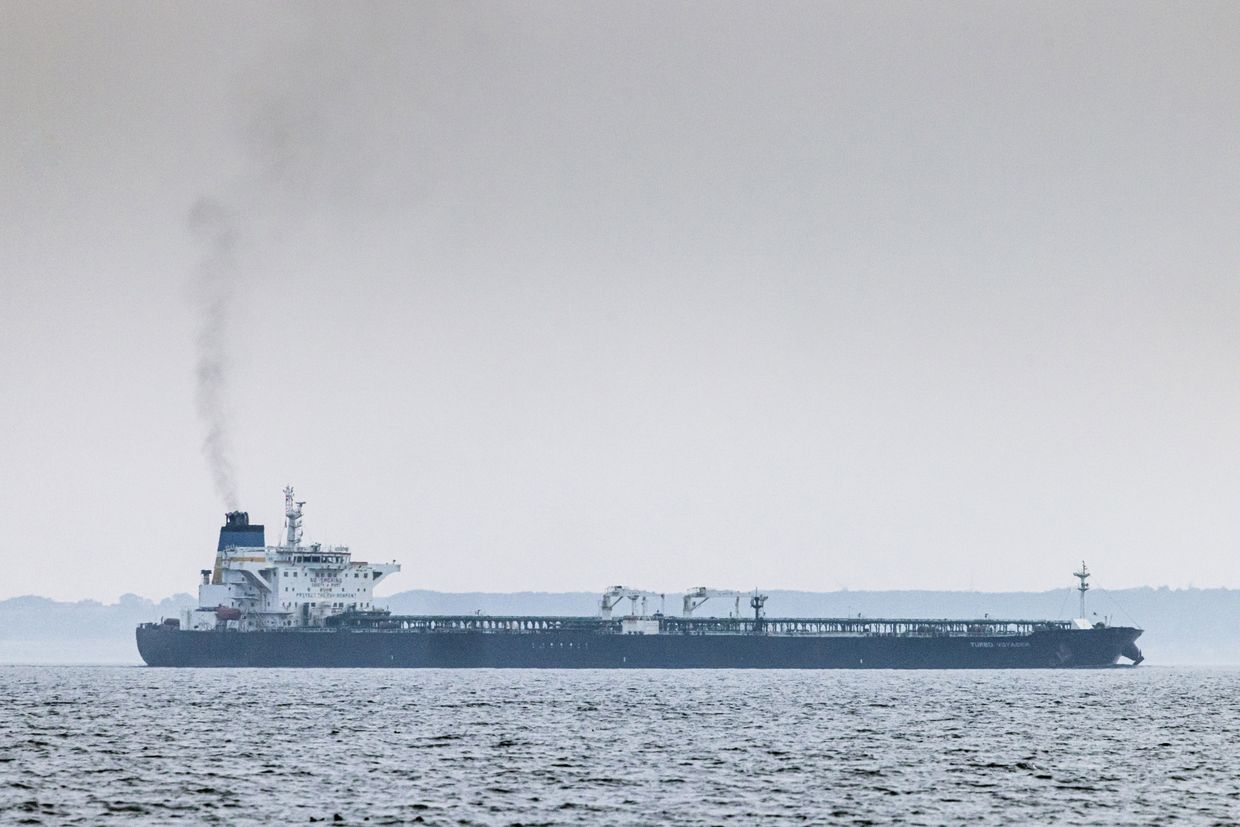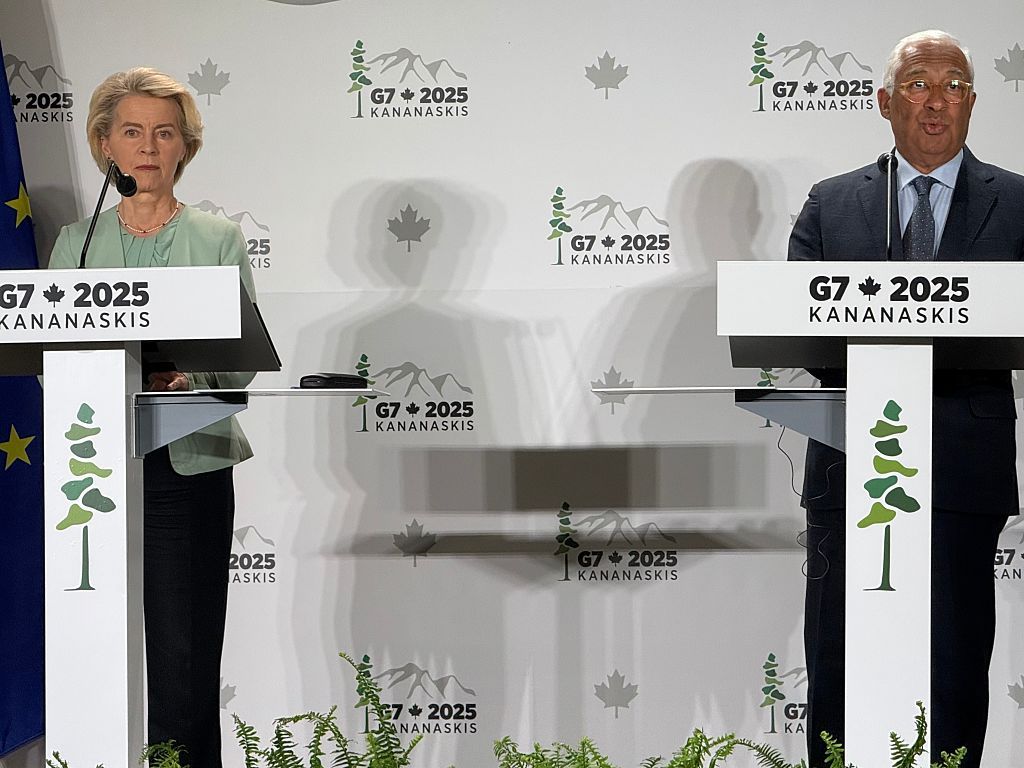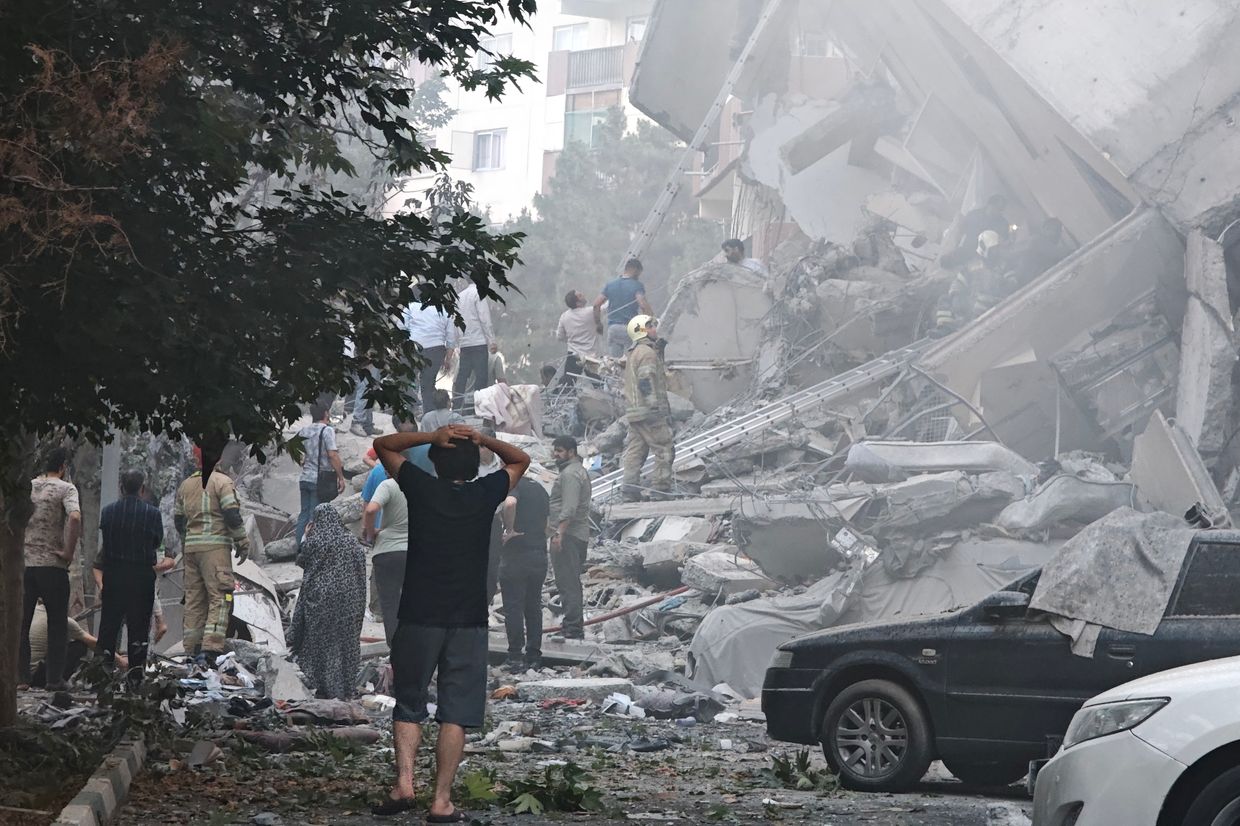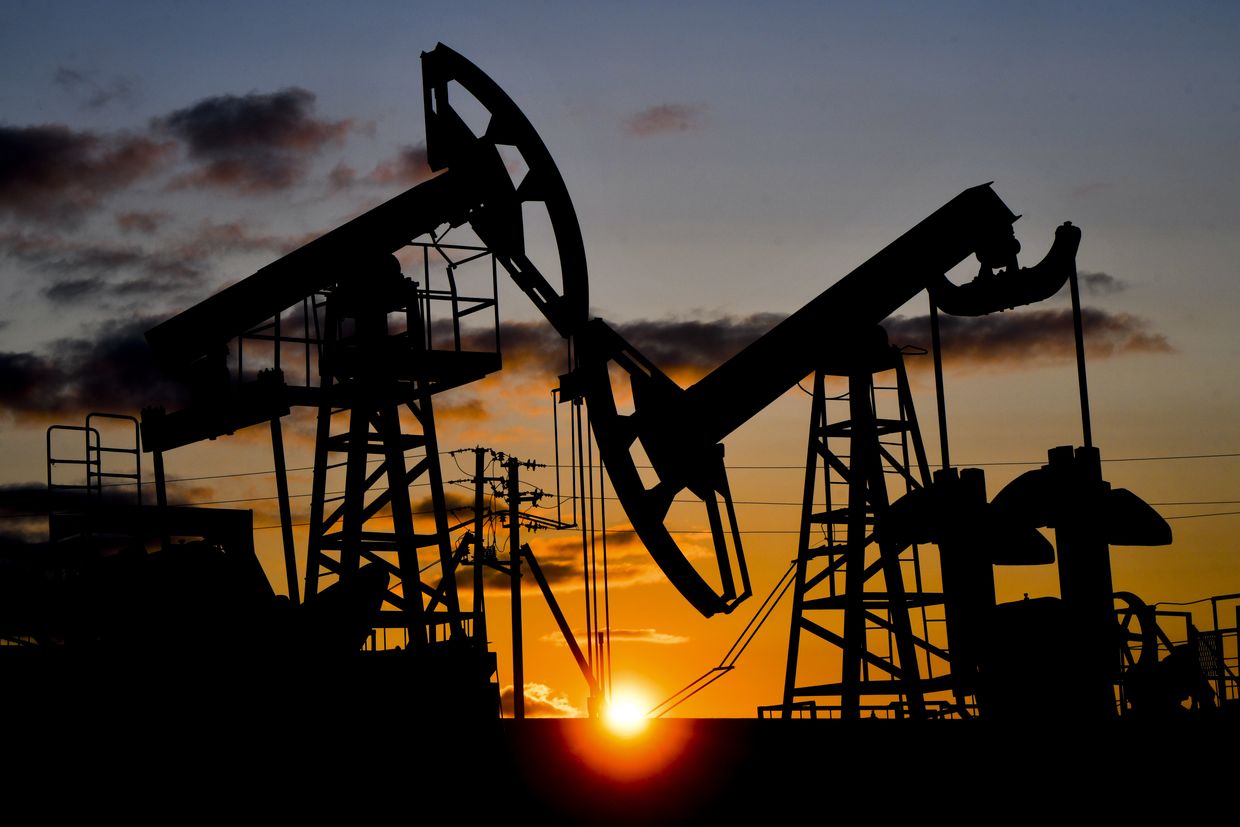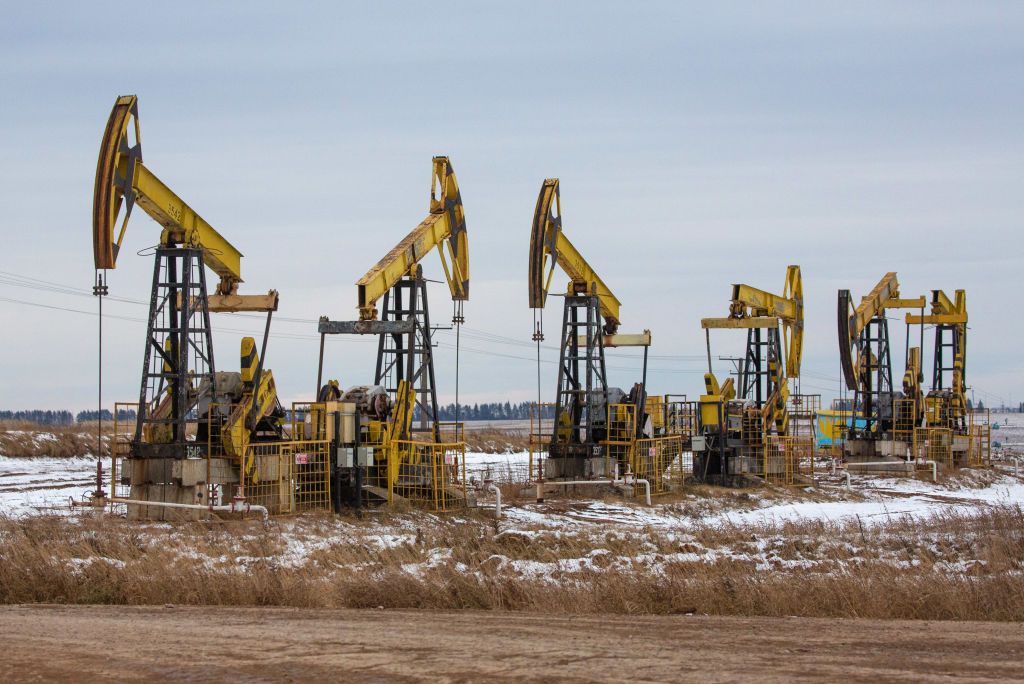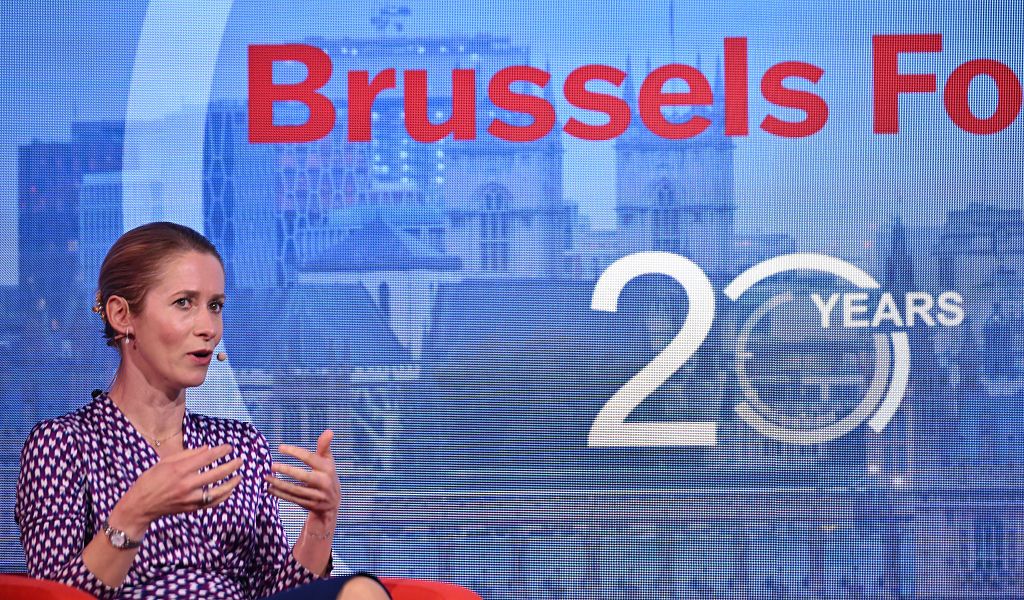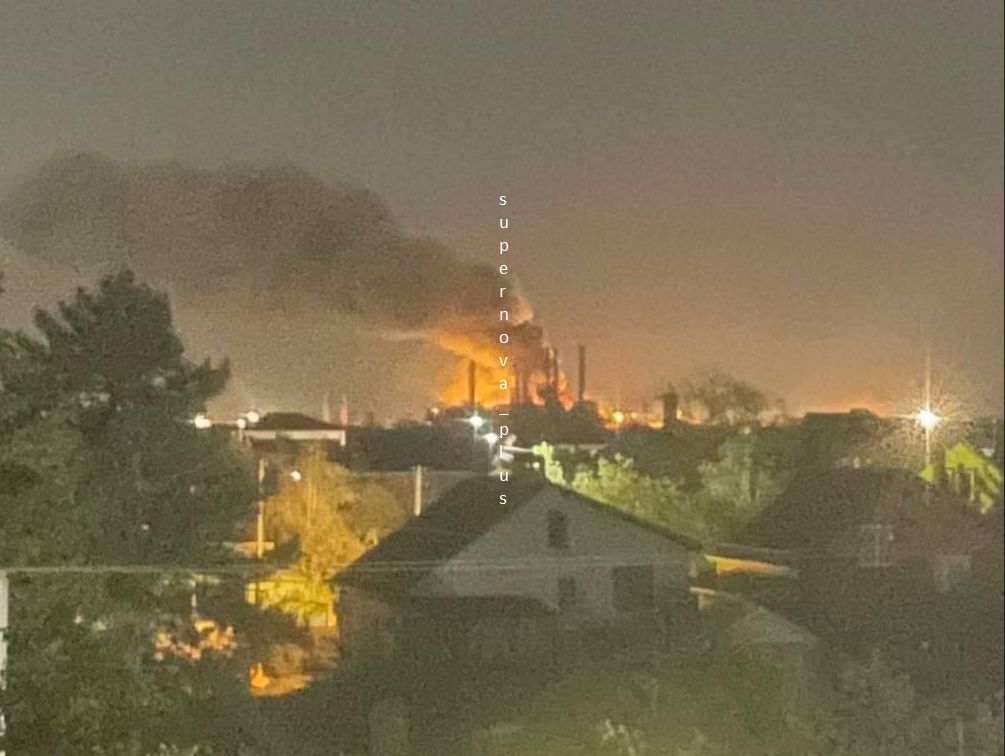
In the early hours of 7 September 2025, Ukrainian forces launched a coordinated series of deep strikes on Russian territory, targeting two of the most strategically important fuel infrastructure sites — the Ilsky oil refinery in Krasnodar Krai and the 8-N pipeline pumping station near the village of Naitopovichi in Bryansk Oblast.
The attacks are part of a sustained effort to degrade Russia’s ability to supply its frontline forces and profit from oil exports. The Russian oil refineries have been among the priority targets through August.
Strategic Druzhba pipeline hub hit for second time
According to the General Staff of the Armed Forces of Ukraine, a precision drone strike targeted the 8-N linear production dispatching station (LPDS) near Naitopovichi village located in Unecha District, Bryansk Oblast. The site is linked to Russia’s Druzhba — a pipeline network used to export oil.
The Naitopovichi-based station is part of the “Steel Horse” mainline pipeline complex, with a pumping capacity of 10.5 million tons per year.
The Ukrainian military described the facility as having “strategic importance for the transportation of oil products for the Russian occupation army.” They reported multiple direct hits, followed by fires in the area of the pumping station and tank park.
Commander of the Armed Forces’ Drone Systems, Robert Brovdi (“Madyar”), also confirmed the strike, noting that the 8-N facility plays a key role in transferring petroleum products from Belarus’s Mozyr and Novopolotsk refineries into Russia.
Brovdi shared aerial footage showing a fire at the facility, and emphasized that the strike was part of a broader campaign against Russian oil infrastructure and hinted at more operations to come: “To be continued…”
This marks the second confirmed Ukrainian strike on the 8-N station. On 29 August, Ukrainian forces had already attacked the same facility. As Russian news Telegram channel Astra reported at the time, the previous strike had resulted in the total destruction of the station’s pump house — a critical component without which oil cannot be transported.
Previous strikes on Russian oil pumping stations temporarily disrupted Russian pipeline oil exports, but the damaged facilities later resumed operations.
Ilsky oil refinery set ablaze — again
On the same night, Ukraine’s Special Operations Forces struck the Ilsky oil refinery in Seversky District, Krasnodar Krai, the General Staff confirmed. Ilsky is located around 30 kilometers from Krasnodar.
The refinery is one of the largest private oil-processing enterprises in southern Russia, processing 6.42 million tons of oil annually. It supplies not only the domestic Russian market but also exports fuel — including to the Russian armed forces.
Astra cited the Krasnodar regional operational headquarters, reporting that “drone debris fell on the territory of the Ilsky refinery” — the standard Russian official wording for all successful Ukrainian attacks. The strike caused one of the refinery’s technological installations to catch fire, according to the report. Officials claimed that the fire, which allegedly covered only several square meters, was quickly extinguished and that there were no casualties. Emergency response and special services were deployed, and refinery personnel were evacuated to shelters.
Footage of the fire at the refinery grounds, published online by Ukrainian Telegram channel Exilenova+, showed visible flames in the industrial area definitely more than “several square meters” in size.
This was not the first time Ukrainian drones targeted the Ilsky refinery. Earlier strikes took place in February and July this year, as well as in 2023 and 2024. Previous operations have triggered significant fires, including a major one in February. According to Militarnyi and Suspilne, the July attack was reportedly conducted by Ukraine’s military intelligence (HUR).
Ukrainian forces also strike Russian troop sites in Kursk Oblast
In addition to the fuel infrastructure strikes, Ukrainian forces confirmed hits on Russian military personnel sites and logistics warehouses in Kursk Oblast. The General Staff reported “successful hits” on locations housing Russian troops and storing matériel.
The Ukrainian military said these attacks are part of a larger strategy “to reduce the offensive potential of the Russian occupiers and complicate the delivery of fuel and ammunition to the enemy’s military units.”
Russia claims 69 drones shot down
In response to the overnight strikes, the Russian Ministry of Defense claimed that its air defenses had intercepted and destroyed 69 Ukrainian drones over various regions, including 21 over Krasnodar Krai, 13 over Voronezh Oblast, and others in Astrakhan, Belgorod, Volgograd, and Kursk oblasts, as well as Crimea.


